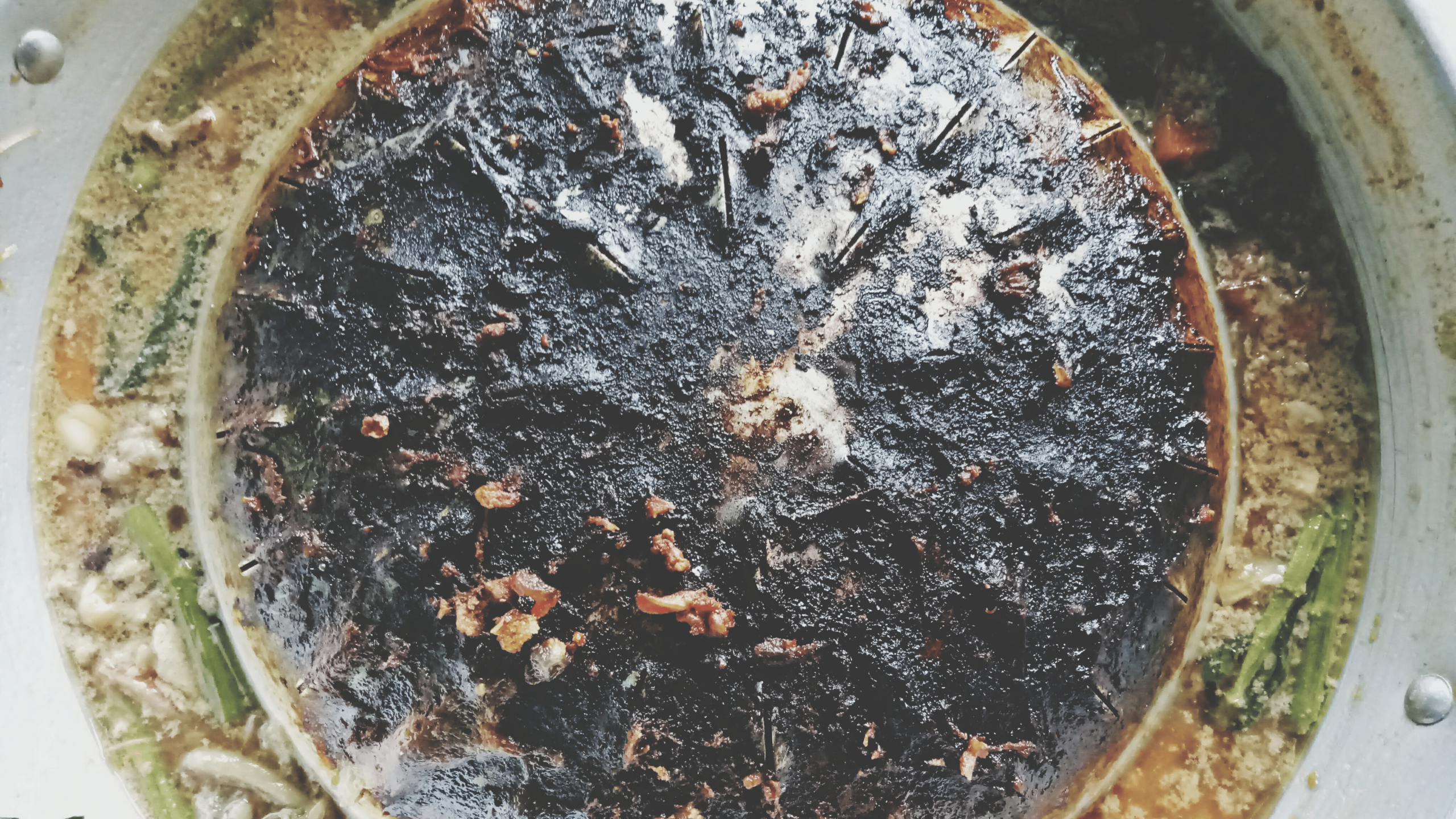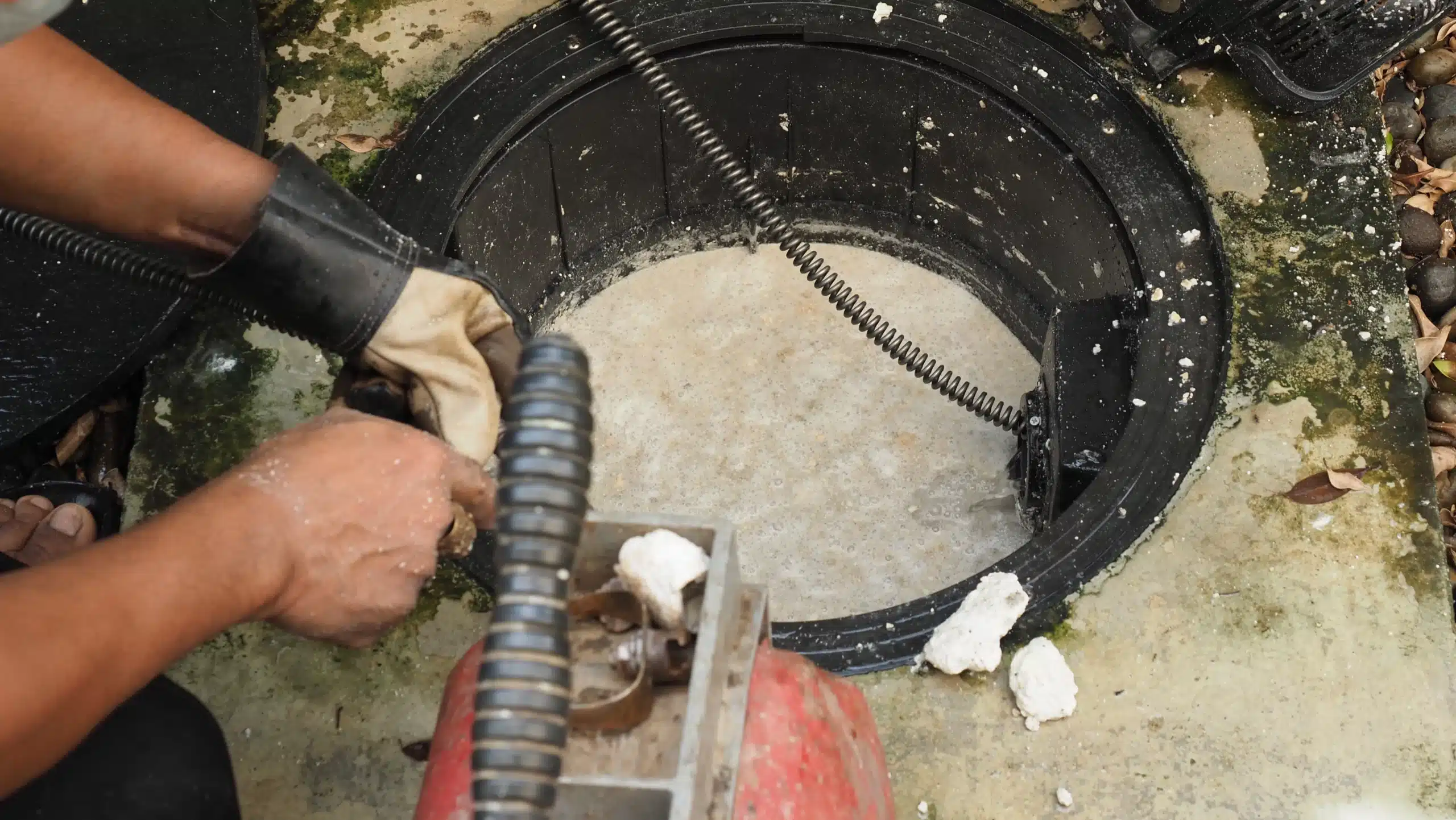When you are setting up a commercial kitchen, you need to draw up a drainage maintenance plan. The grease trap is a major plumbing installation, so it should be treated as such. Besides, it is a requirement for food businesses.
What happens with unchecked grease disposal through the sink is that it moves from your plumbing system to the sewer system of the municipality. Now, imagine every commercial food business releasing their fats, oils, and grease into the main sewer lines. It can be disastrous.
This is why you must have a proper plumbing maintenance plan for your kitchen plumbing. In the plan, you must include a grease tank!
Whenever you are installing any major plumbing item, you must think of how you will maintain it in the initial plan.
That way, if anything goes wrong such as a backup due to blockage, the plumber can look at the plan and identify the problem area fast.
Why regular grease interceptor cleaning is vital
One of the questions that restaurant owners and managers ask is how often they need to clean the grease trap. The recommended time span is once every 90 days.
Of course, this will depend on the size of the business and the grease tank you install. A small, in-kitchen grease trap might require emptying more often than the several hundred-gallon one outside the kitchen. The good thing with small under-the-sink traps is that your employees can clean them easily.
Installing the interceptor is the first thing you have to do. After that, you have to learn how it works so that you can create a proper cleaning schedule. Luckily, the grease interceptor service can schedule regular maintenance for the big kitchens. That way, your business can run uninterrupted all the time.
Regular grease trap cleaning helps your drainage maintenance in many ways. Here are a few notable ones:
1. No clogging affecting your kitchen drainage system
No matter how keenly you try to avoid pouring grease into the kitchen sink, hot water mixed with FOG – fats, oils, and grease will still find its way down the sink.
When this water comes into contact with the cold pipe surfaces, the fats solidify. They attach to the pipes, making the surface area smaller with time. Then one day, the entire pipe clogs up and the sink water does not drain out.
By the time you notice the clogging problems, the clogging will have extended deeper into the system.
This is going to cost you a substantial amount of money to repair since the plumber must take several fittings apart.
Instead of going to all this trouble, it is best to prevent the problem from happening. Train your kitchen staff to pour hot plain water down the sink. It can wash away any grease, all the way to the grease tank.
2. Regular cleaning prevents back up of waste water and FOG
Backing up is a very common problem with poorly maintained plumbing systems and the grease tank is a part of your kitchen plumbing system.
Cleaning the grease tank in good time leaves space for more, since your kitchen is generating grease daily.
If you do not clean regularly, the old grease starts to harden. It sticks to the walls of the grease tank, reducing its volume. This continues until the grease starts backing up the pipes. Usually, this happens when the baffle has defects.
As the grease backs up, it will exploit any weakness in the piping. If there is any, it will break it apart. If not, the grease will continue backing up to the sink. It can cause spillage onto the floor of the restaurant, causing a serious health hazard.
Grease is a favorite food for bacteria. If there is a spillage, these bacteria will get into the food and cause your customers serious health issues. This could lead to losses for your business. It could also lead to costly lawsuits.
3. Regular cleaning of the grease trap reveals problems
When you run a busy commercial kitchen that churns water and old grease by the gallons, it will exert a lot of pressure on the plumbing system. It starts to wear out little by little.
This is why we recommend hiring a grease trap service to clean and maintain the grease tank. Once they empty it, they will check the status of the lid, the baffle and other parts for defects. If anything requires replacement, they will notice it in good time. A problem detected is a problem half-solved!
Final thoughts
Regular grease interceptor cleaning helps to keep your business premises clean, healthy, up to the required standard and more!
Better yet, it helps in the general drainage maintenance of the drainage of your business. This prevents bigger problems from happening in future.
If you have a small grease trap inside the kitchen, your employees can clean that. However, for a big grease tank that can hold hundreds to thousands of gallons of FOG, use professional service providers.
Vacuuming the grease out of the tank requires special tools, which you don’t have. Besides, they’ll also check the status of the baffle, which prevents the backing up of the old grease out of the trap.
If anything needs replacement or repair, they will notice it. This will help to avert bigger problems.


